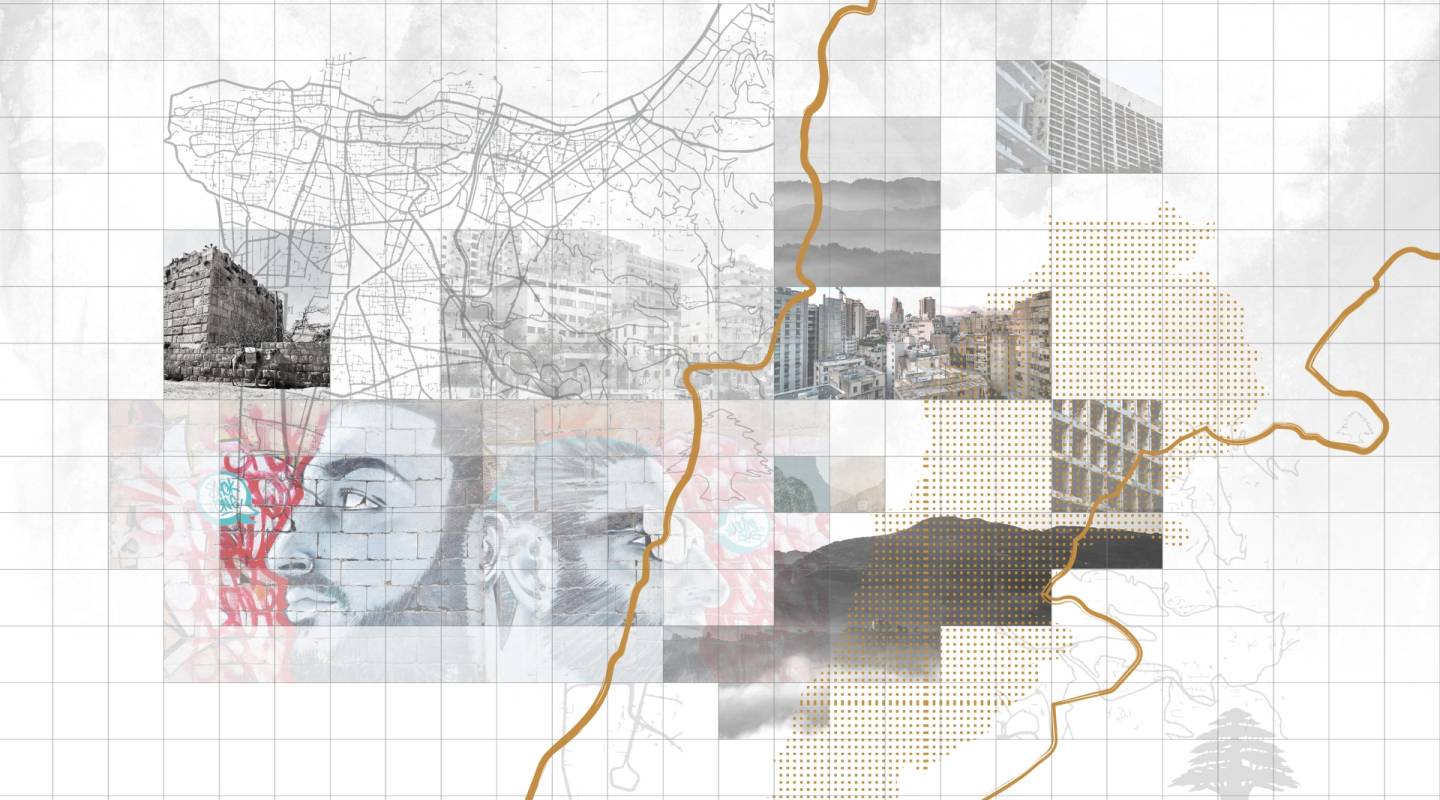
Lebanon
Capital city — Beirut
Incarceration rate (per 100,000 inhabit…
i10/2023Country population
Type of government
Human Development Index
0.744(92/188)
iHomicide rate (per 100,000 inhabitants)
iName of authority in charge of the pris…
Ministry of Internal AffairsA decree on 28 Au…
Total number of prisoners
i10/2023Prison density
194.4 %In August 2023, R…
i10/2023Total number of prison facilities
i2022An NPM has been established
yesSeveral proposals…
Female prisoners
i08/2022Incarcerated minors
i10/2022Percentage of untried prisoners
i08/2023Death penalty is abolished
noThe death penalty…
Contact with the outside world
Visitation rights
All prisoners have the right to receive visits
Days and times for visits are set by the prison governor. The visit may not exceed 15 minutes.1
Since 2020, families have found it more difficult to visit their loved ones due to the suspension and/or reduction of visits to prevent the spread of COVID-19 as well as the increased cost of travel due to rising oil prices.
Article 69 and following Decree No. 14130; Articles 50 and 52 of Decree No. 6236 ↩
People eligible to visit
- family members
- family and friends
Only four persons are allowed per visit. There is no restriction on the number of visitors if they are all members of the prisoner’s immediate family: parents, children, spouses (Article 70 of Decree No. 14130).
In 2010, the Lebanese Centre for Human Rights reported that almost half of all prisons do not had adequate visiting rooms. At Jbeil prison, prisoners were forced to meet visitors through a narrow window on the metal door that leads to the cells. At Jeb Jennine Prison, prisoners and visitors had to meet in a dark corridor between chain-link fences.1
In Roumieh prison, a place called Ad-Dar (the home) was set up to allow prisoners to meet their families and loved ones in private.2
Lebanese Centre for Human Rights, “Prisons in Lebanon: Humanitarian and Legal Concerns”, 2010, p. 28. ↩
UN Committee against Torture, “Consideration of reports submitted by States Parties under Article 19 of the Convention, Initial reports of States Parties due in 2001”, 14 April 2016, § 319, p. 61. ↩
Prisoners and visitors can meet without physical barriers
Separation devices are often used. Observers reported constant noise and lack of privacy in the visiting rooms.
Prisoners are allowed to receive visits from their children or minor relatives
yes
Visitors may bring food (excluding Roumieh prison), clothing, books, and magazines to prisoners (Article 60 of Decree No. 14130).
There are no provisions for family reunification. Many people are imprisoned far away from their families and loved ones.
Correspondence
Prisoners are allowed to exchange mail
yes, under certain conditions
According to prison regulations, prisoners may send two letters per week on days and at times set by the prison governor. They must be short and precise. These conditions are not required for letters to examining magistrates, public prosecutors, and lawyers.1
Together against the Death Penalty, Carole Berrih and Karim El Mufti, “Living Without Being: Fact-Finding Mission, Lebanon”, 2020, p. 91. ↩
Phone calls
Prisoners are allowed to make external phone calls
Prisoners are unable to maintain regular contact with their families over the phone due to length daily power cuts and an infrequent supply of pre-paid phone cards.
Prisoners are allowed to call
- family members
- family and friends
The phones are located
in the corridors